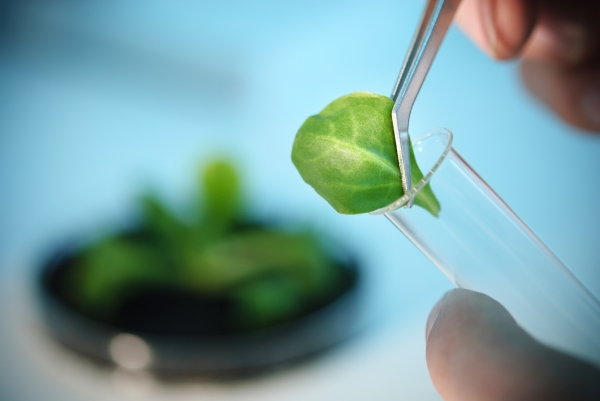Biotechnology is the use of living systems and organisms to develop or make useful products.
The forest-based sector uses biotechnology in many processes today and this is expected to increase as the sector evolves to become a cornerstone of Europe’s future bio-society. Examples of current uses include process water treatment with microbes and the use of hydrolytic enzymes to decrease energy consumption in pulping. In the future, process water recycling will remain a highly important area, while a multitude of novel uses are also expected to emerge.

Biotechnology has helped to increase the yield of agricultural crops by both traditional and more advanced techniques (seeding, breeding and genetic modification). While recognising that this should only happen with public acceptance, molecular genetics and plant biotechnology is the key to increasing the yield and specific qualities of woody biomass. The continued development of enzymes will lead to more efficient processes and lower energy demand. This will be especially important to improve or replace current thermomechanical and chemical processes for wood treatment, such as the production of nano-fibrillar cellulose and pulp.
Completely new wood fractionation processes will most likely include industrial biotechnology. Biotechnology is also a key enabling technology in the production of novel biofuels, biochemicals and functional biomaterials from wood components. Enzymes will be used for the activation of fibre surfaces as well as for the production of wood-based sugars, which in turn can be fermented by microorganisms into marketable bioproducts.
Finally, with the growth in building with wood and other activities involving wood-based products, biotechnology offers a means to enhance knowledge about how to protect wood from an undesirable biological activity. Stricter chemical regulations will drive us to study nature’s own defence mechanisms to come up with novel solutions. Conversely, modern biological sciences (including even concepts such as molecular ecology) are intimately entwined and dependent on methods developed through biotechnology.

